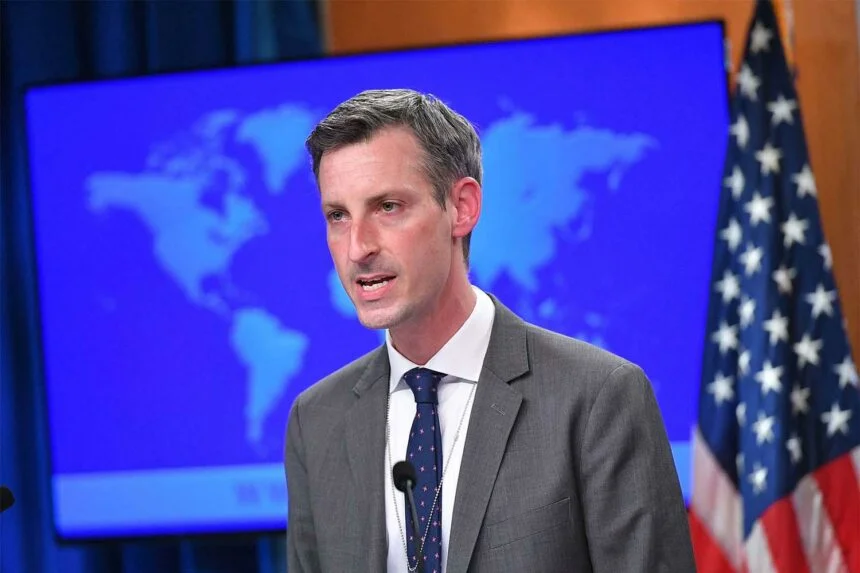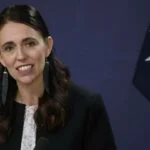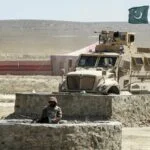Ned Price, a spokesman for the US State Department, stated that the US administration is discussing Pakistan’s financial stability and that Washington wants to see Pakistan in “an economically sustainable position.”
In answer to a query about Pakistan’s lack of foreign exchange reserves and ways to stabilise its economy, the statement was made at the briefing on Wednesday.
After Pakistan had less than $5 billion in foreign exchange reserves, the spokesperson was questioned about Pakistan’s status and whether the US planned to relieve Pakistan of its debt. Price insisted that the US was “attuned” to this situation.
“I know that Pakistan has been working with the IMF [International Monetary Fund], with international financial institutions. We want to see Pakistan in an economically sustainable position. Those conversations, as I understand it, are ongoing,” he claimed.
Price went on to say that while Washington might be “supportive” of Islamabad, Pakistan and the international banks were the ones having the last say in the matter.
The International Monetary Fund’s (IMF) demands are proven to be a tough pill to swallow for the administration, but there is no other option other than carrying out the measures required by the lender of last resort. The Shehhbaz Sharif-led government is in a tough situation as a result of declining foreign exchange reserves and a deteriorating political crisis.
He added, “Pakistan’s macroeconomic stability is a topic of conversation between the Department of State and our counterparts — the White House, the Treasury Department — among others.”
He was also questioned about if the US has made any recommendations to Pakistan on a government-to-government basis regarding quick actions that Pakistan could take to strengthen its economy.
The US, he added, supports Pakistan wherever it can, but the major participants in the relief negotiations are the government in Islamabad and the international financial institutions.
“We want to see Pakistan in an economically sustainable position. Those conversations, as I understand [them], are ongoing. We are supportive where we can be of our Pakistani partners, but ultimately these are conversations between Pakistan and international financial institutions,” Price remarked.












